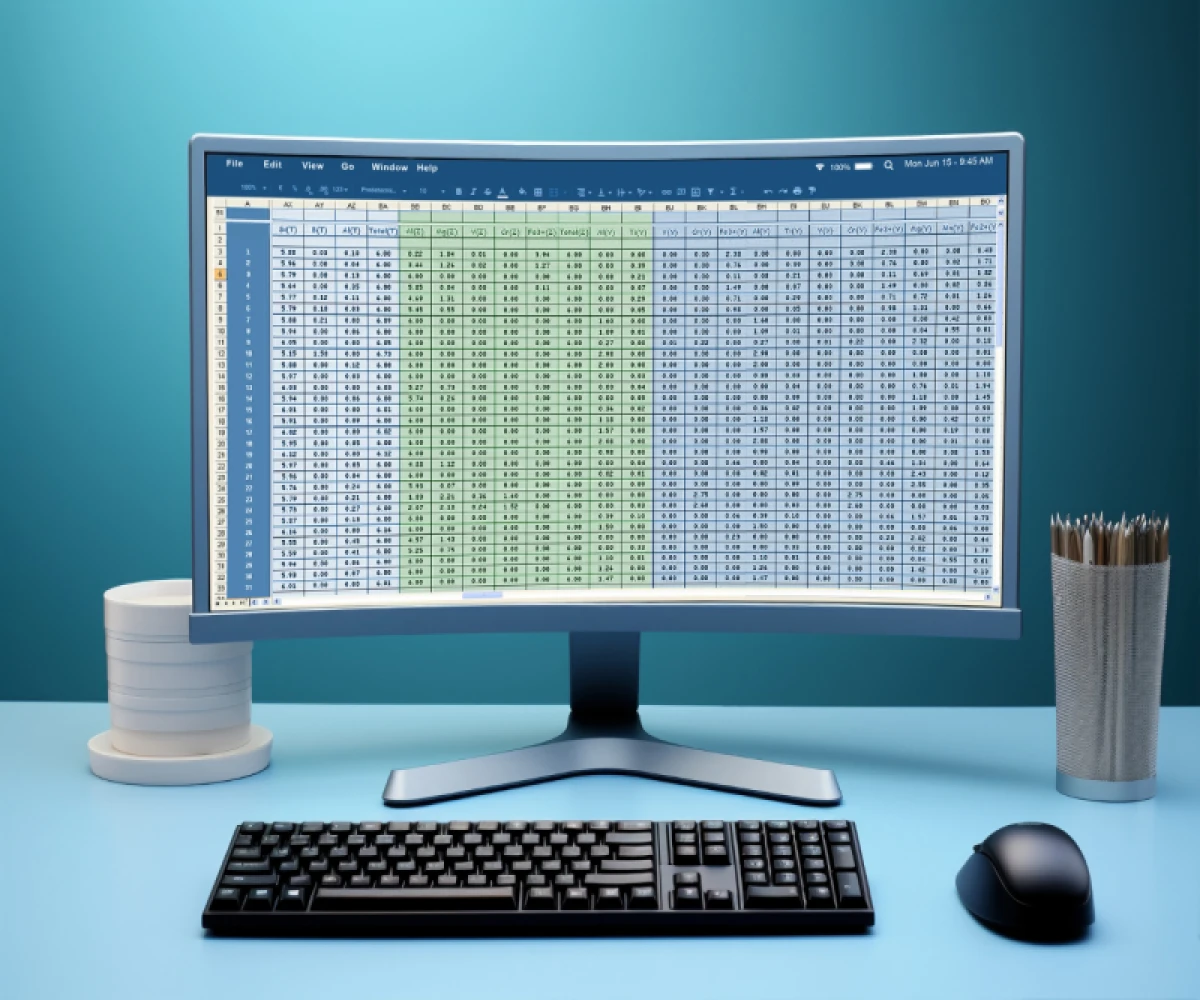
Beyond Excel: A Guide to Modern Data Analysis and Collaboration
Excel: Still Mighty, But Maybe Not Forever
Excel. The name evokes a million spreadsheets, countless formulas, and late nights wrestling with pivot tables. It's the undisputed champion of office software, the king of numbers and charts. But is its reign eternal?
While Excel remains a ubiquitous tool, whispers of dethronement are growing. Let's face it, Excel has its fair share of drawbacks:
- Error-prone: Manual data entry and complex formulas are a recipe for mistakes. One typo can send your analysis down a rabbit hole.
- Size and speed: Large datasets bring Excel to its knees, chugging like a dial-up modem on a mountain peak.
- Collaboration conundrum: Sharing and syncing Excel files can be messy, leading to version conflicts and lost edits.
- Security concerns: Sensitive data in Excel isn't exactly Fort Knox. A misplaced file or accidental sharing can be disastrous.
- Limited analytics: Complex data analysis and machine learning are beyond Excel's reach. It's great for basic math, but not cutting-edge insights.
So, what next? Is Excel destined to become a relic of the desktop age? Not necessarily. It's still versatile, familiar, and cost-effective, making it ideal for small businesses and basic tasks. But as data volumes grow and analytical needs evolve, alternatives beckon:
- Cloud-based spreadsheets: Real-time collaboration, automatic backups, and scalability on demand. Google Sheets, Airtable, Zoho Sheet - the cloud is calling.
- Data analysis and visualization tools: Tableau, Power BI, Qlik Sense - these powerhouses unlock deeper insights with interactive dashboards and advanced analytics.
- Database management systems: For structured data, dedicated databases like MySQL and PostgreSQL offer robust security and efficient data handling.
- Specialized tools: From financial modeling software like Bloomberg Terminal to project management platforms like Asana, specific needs deserve specific solutions.
The future of data management isn't a single platform, but a diverse ecosystem. Excel, despite its limitations, will likely remain a staple for routine tasks. But for complex analysis, real-time collaboration, and future-proof scalability, exploring alternatives is crucial.
So, the next time you stare at a blank Excel sheet, remember - it's a powerful tool, but not the only one. Embrace the evolving landscape, choose the right instruments for your data symphony, and unlock the true potential of your information.
Excel: not dead, just evolving. The future of data is a collaboration, and Excel might just be the first act in a much bigger play.


